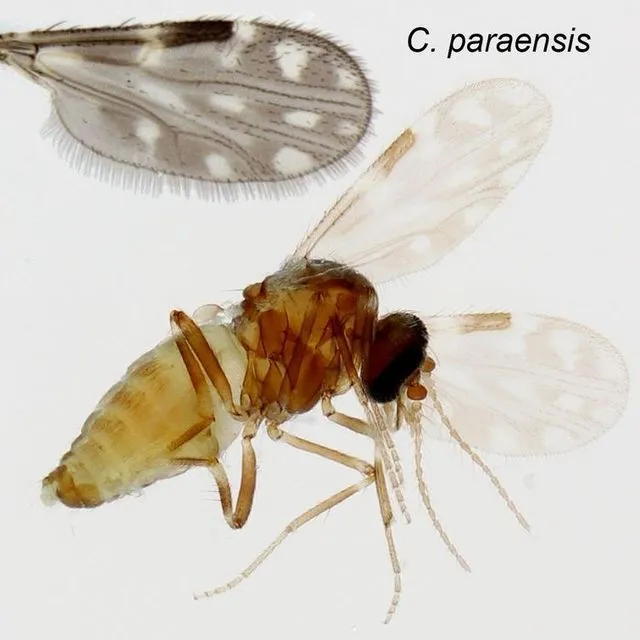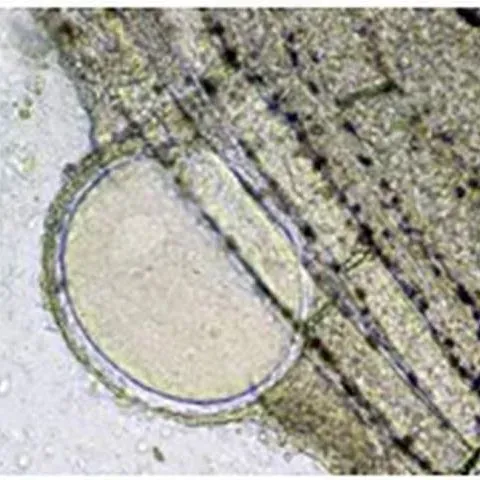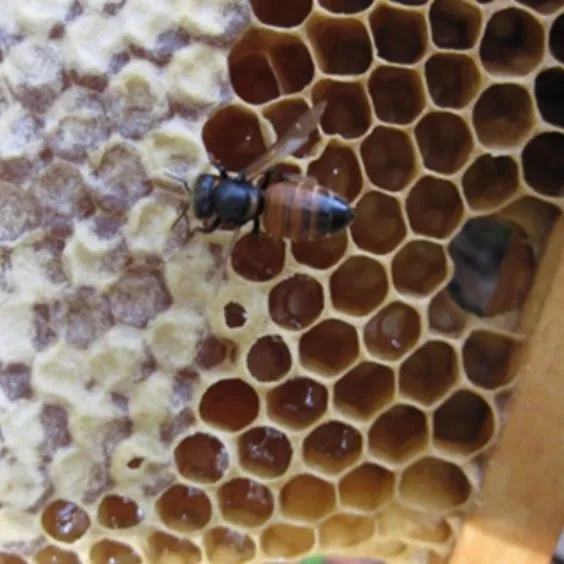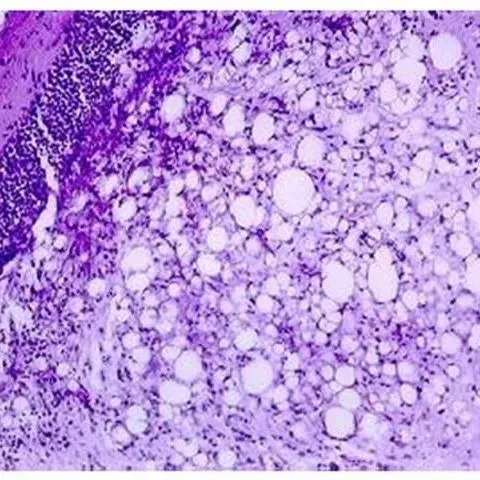Viruses
Available Languages:
English
Microscopic infectious agent that can multiply only in living cells of animals, plants, or bacteria, consisting of genetic material, either DNA or RNA, housed inside a capsid.
Narrower Topics
Citrus tristeza virus
Alternate terms: Hassaku dwarf virus, CTV (Citrus tristeza virus), Lime dieback virus, Citrus quick decline virus, Citrus tristeza closterovirus, Grapevine A virus
COVID-19 (Novel Coronavirus)
COVID-19, a highly infectitious respiratory disease in humans, caused by severe acute respiratory syndrome coronavirus 2 (SARS-CoV-2). The virus probably emerged from an animal source in Wuhan (China) and spreaded globaly from person to person. Most people infected with COVID-19 have had mild to severe respiratory illness with symptoms of cough, fever, and shortness of breath. In some cases, patients had pneumonia in both lungs, multi-organ failure, and even death. The World Health Organization (WHO), on March 11, 2020, declared the novel COVID-19 outbreak a global pandemic. [NALT]
Tospovirus
The Tospovirus (family Bunyaviridae) genus of viruses causes diseases of significant economic impact in many crops worldwide. Tospoviruses have the ability to swap whole segments of their genome with other members of the genus, creating new virus isolates with different vectors and modified host ranges, both of which can result in new diseases. Presently, there are eight recognized species belonging to this genus, of which five have been previously reported in the United States (i.e., TCSV, TSWV, GRSV, INSV, and Iris yellow spot virus [IYSV]). Of these, all but IYSV have been previously reported in the state of Florida. More information about tospoviruses can be found in Tospoviruses (Family Bunyaviridae, Genus Tospovirus) (http://edis.ifas.ufl.edu/pp134). -- from PP306, Tomato Chlorotic Spot Virus
West Nile Virus
West Nile encephalitis virus. Encephalitis caused by a virus of the Flaviviridae family. Causes West Nile fever, which is characterized by headache, fever, arthralgia, maculopapular rash, myalgia, lymphadenopathy and leukopenia. Transmitted and/or spread by mosquitoes from the genus Culex (family Culicidae).
Entry terms: Kunjin virus, West Nile flavivirus, WNV (West Nile virus), KUNV (Kunjin virus)
Yellow Fever Virus
Entry terms: Flavivirus febricis, YFV (Yellow fever virus)
Yellow fever is an acute infectious disease primarily of the tropics, caused by a virus and transmitted to man by mosquitoes of the genera Aedes and Haemagogus. The severe form is characterized by fever, hemolytic jaundice, and renal damage.
Zika Virus
This page lists useful information about the Zika virus. The primary focus of the science-based information and recommendations to be found here are ways you can reduce your exposure to mosquito bites and ways you can reduce the mosquito populations around your home and neighborhood.
Good sources of information about the disease in humans are the CDC, MedlinePlus and NIH.
For current University of Florida information including communications, prevention tips, resources, and research, see the UF Zika Prevention website at http://zika.ufl.edu.
UF/IFAS resources
- Essential Information on the Zika Virus (FMEL)
- Mosquito Information: Zika
- UF Zika Preparedness and Guidelines
Entry terms: SPOV (Spondweni virus), ZIKV (Zika virus), Spondweni virus





